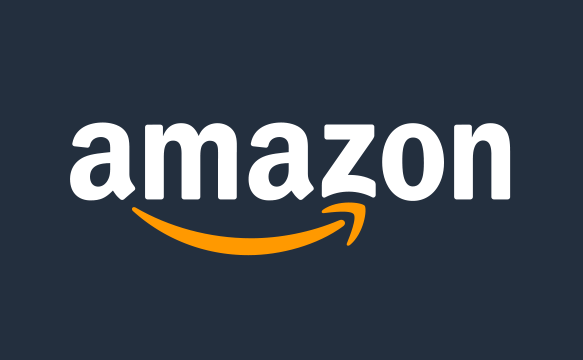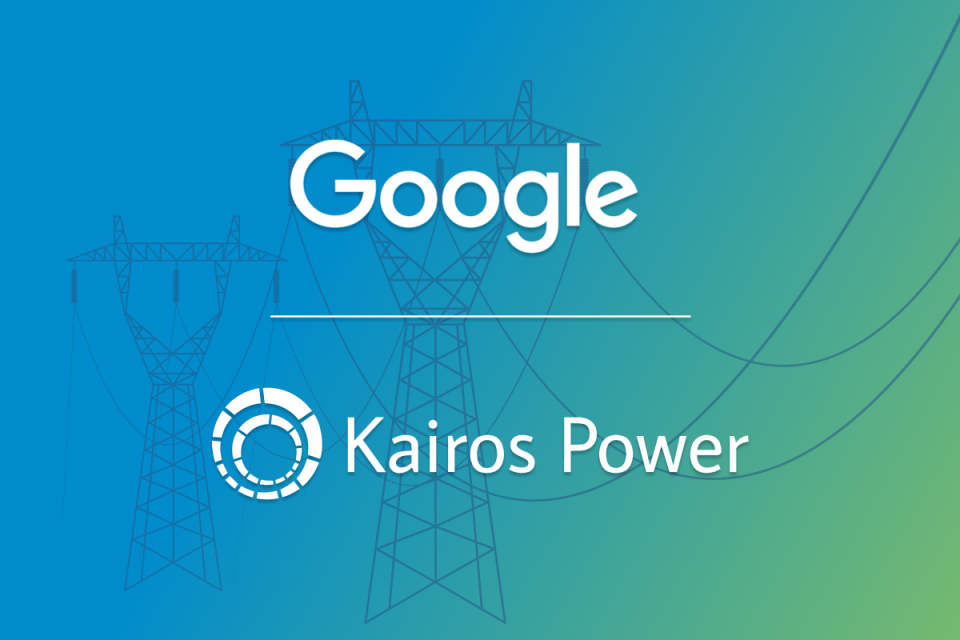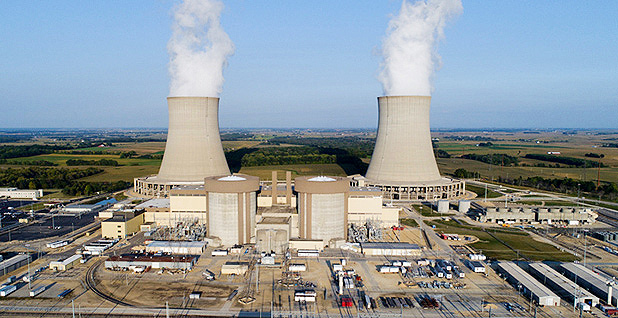Google, Microsoft, Nucor partner on clean power initiative
In an effort to accelerate development of low- and zero-carbon electricity, three companies have launched the Advanced Clean Electricity initiative—and are seeking information about advanced technology pilot projects.
Google, Microsoft, and Nucor last month announced the partnership and the goal of combining the aggregate of clean energy demands from each company to accelerate “the development of first-of-a-kind and early commercial projects,” including advanced nuclear, next-generation geothermal, and long-duration energy storage. The trio of companies have committed to zero-carbon equivalent emissions by 2050 at the latest.
The Advanced Clean Electricity initiative supports new energy-generation technologies that might otherwise stall due to high upfront development costs and uncertain commercial demand. “These advanced clean electricity technologies can fill gaps in wind and solar production and support grid reliability—needs today that are still being met by fossil fuel generation,” according to the project website.
The initiative has sent out a request for information; responses to the RFI are being accepted until April 12. The selected projects will be notified by mid-June, with power purchase agreements to follow in early 2025.
Company goals: Nucor set a goal of net-zero emissions by 2050 in part through a $15 million strategic investment in NuScale Power, which includes an agreement to supply low-emissions steel for NuScale projects and possible colocation of NuScale SMRs at Nucor steel mills.
Google’s and Microsoft’s emissions-reduction goals are more ambitious.
- Google is aiming for net-zero emissions from company operations and a 50 percent reduction in Scope 1, 2, and 3 emissions from a 2019 baseline by 2030.
- Microsoft aims to be “carbon negative, water positive, and zero waste by 2030,” to match its entire generation at all times with zero-emissions resources by 2030 and to remove the equivalent of all its historical emissions by 2050.
All three partners have invested heavily in building efficiency, solar panels, and renewable energy power purchase agreements, but the companies recognize those efforts may not be comprehensive enough to achieve sustainability goals.
“Advanced clean electricity technologies benefit from large-scale procurements to achieve commercialization, but one company procuring alone faces significant risks. By procuring together, companies help reduce the cost of future deployments while sharing the risks,” Google said in a blog announcement.
What’s next: The partner companies hope to sign technology projects that are not yet cost-competitive compared to existing commercial power sources—but that have the potential to be. Google, Microsoft, and Nucor plan to lobby policymakers and regulators for “ecosystem improvements” and opportunities to partner with utilities and energy providers on supportive rate design, the news release said.
The initiative’s website lists 14 evaluation criteria for clean energy technologies, including the following:
- Maturation of technology.
- Potential capacity factor above 50 percent.
- Project capacity above 50 megawatts or the ability to aggregate smaller projects to achieve equivalent output.
- The ability to trace electricity output and produce hourly energy attribute certificates.
- The potential to scale the technology’s total output beyond 100 gigawatts by 2040, and a pathway to being cost competitive with existing generation technologies over a similar time frame.
Projects must be located in the United States, “with a preference for projects in [the] PJM” region, according to the website.
About the companies:
Google's mission is to organize the world's information and make it universally accessible and useful. Through products and platforms like Search, Maps, Gmail, Android, Google Play, Google Cloud, Chrome and YouTube, Google plays a meaningful role in the daily lives of billions of people and has become one of the most widely known companies in the world. Google is a subsidiary of Alphabet Inc.
Microsoft enables digital transformation for the era of an intelligent cloud and an intelligent edge. Its mission is to empower every person and every organization on the planet to achieve more.
Nucor is the largest steel and steel products producer in North America and the largest recycler of any material in the Western Hemisphere. With its continued investment in breakthrough technologies to lower emissions across the supply chain, Nucor is committed to reshaping the industry by manufacturing steel more sustainably and enabling partners to reach their own carbon reduction goals.



.jpg)





